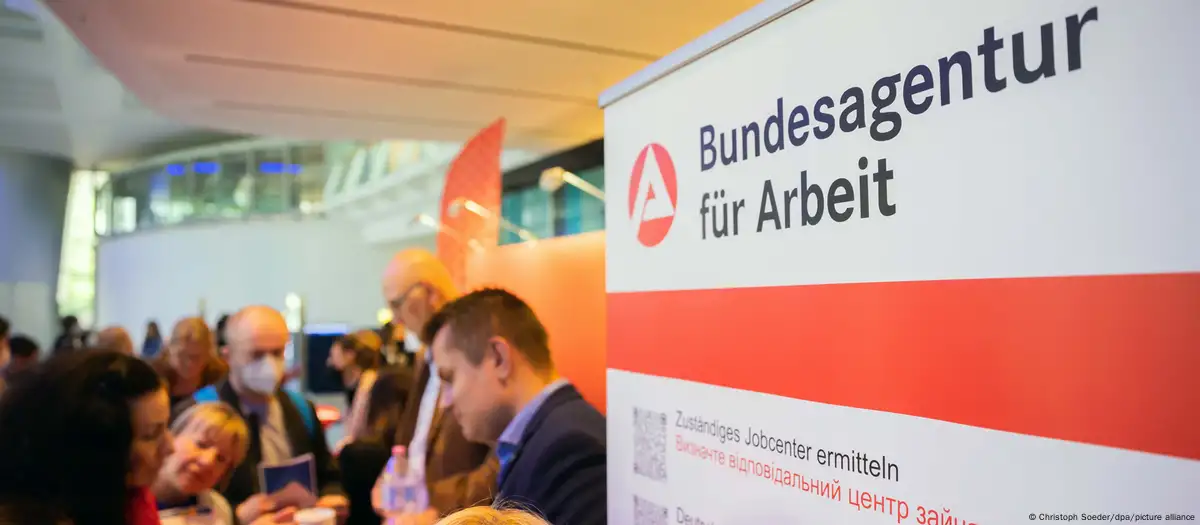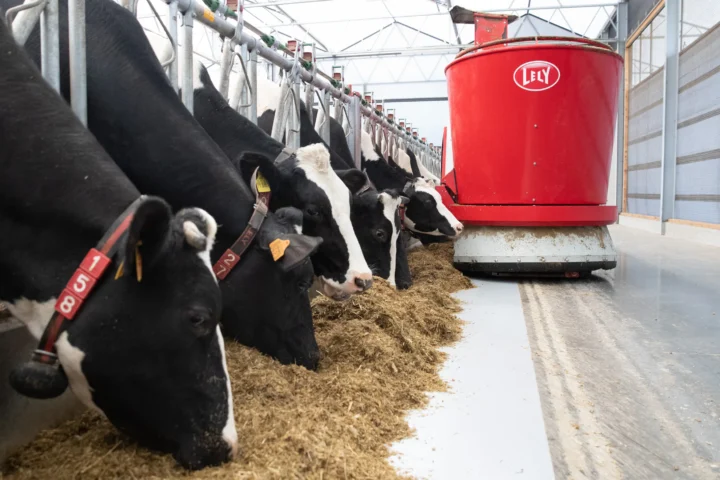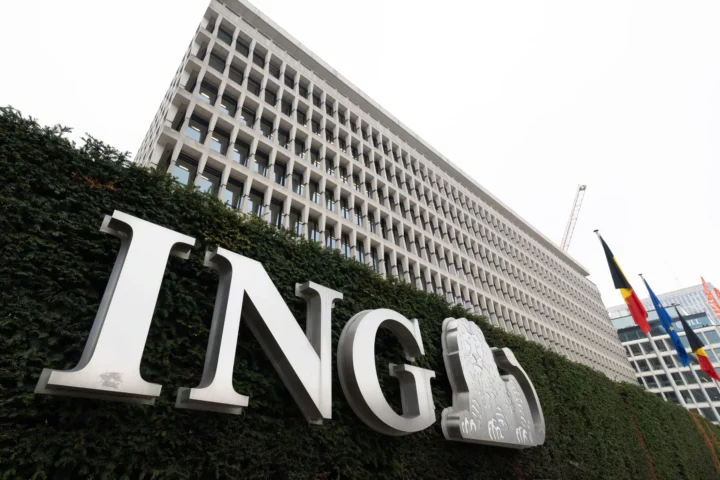July has seen an unexpected jump in unemployment in Germany, with over 2 million people left jobless. The German social welfare system braces itself for spending more on welfare support than planned.
Unemployment in Germany surged more than usual in July. The Federal Employment Agency (BA) reported on Wednesday that the number of unemployed increased by 82,000 from June, reaching a total of 2.809 million.
The rise is partly due to the summer break and weak economic growth in Germany.
“The weak economic development is weighing on the labor market,” Daniel Terzenbach, Director of Regions at the BA said.
Drop in new job registrations
The number of unemployed this month was 192,000 higher than in July last year. Compared to June, the unemployment rate rose by 0.2 percentage points to 6%.
In July, the agency saw 703,000 new job registrations, which is 69,000 fewer than the same month last year.
The job index, which tracks demand for workers, fell by two points to 107, down from a year ago by twelve points.
For May, the latest figures for jobs with social insurance contributions showed an increase of 5,000 from April, adjusting for seasonal effects.
Compared to the previous year, these jobs grew by 179,000, reaching a total of 34.91 million. This rise was mainly due to an increase in foreign workers, according to the BA.

Unemployment strains Germany’s finances
Spending on unemployment and short-time working benefits was also higher than anticipated. In July alone, 903,000 people received unemployment benefits, 105,000 more than last year.
The BA had already reduced its financial outlook in April. Initially, the BA aimed to have 2.1 billion euros in reserves by year-end, but this was cut to 600 million euros in April.
The BA still holds about 1.6 billion euros from previous years. Unemployment insurance is funded by contributions from employees and employers, while the citizens’ allowance, managed by the BA and job centers, is funded mainly by federal taxes.
“We are already preparing ourselves for the fact that the reserve will not be padded, but that we will end up around zero,” Terzenbach said.








